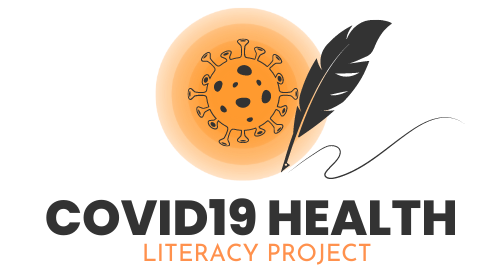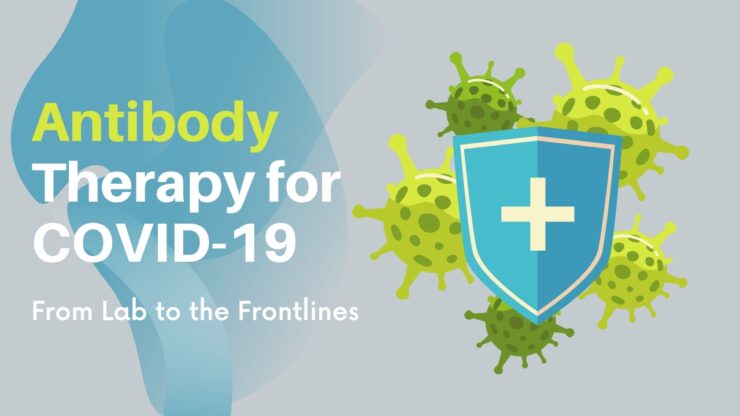The COVID-19 pandemic has had a devastating impact on the world. As of April 2024, over 240 million cases and 5 million deaths have been reported worldwide. The development of effective treatments and vaccines for COVID-19 has been a top priority for researchers and healthcare professionals globally.
Antibody therapy has emerged as a promising treatment option for COVID-19, and this article will discuss its pros and cons.
Reduce Symptoms
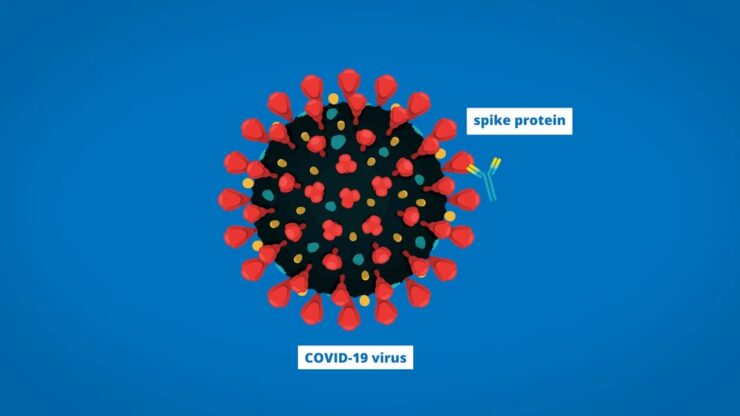
Antibody therapy involves the use of monoclonal antibodies (mAbs) to target and neutralize the SARS-CoV-2 virus. These antibodies can be developed in a lab and administered to patients to help fight off the infection.
Clinical trials have shown that antibody therapy can reduce the risk of hospitalization and death in patients with COVID-19. For example, the RECOVERY trial in the UK found that treatment with the monoclonal antibody cocktail, casirivimab and imdevimab reduced the risk of death by 20% compared to standard care.
Cost and Availability
One of the major drawbacks of antibody therapy is its cost and availability. Antibody therapies can be expensive, making them inaccessible to many people. Additionally, there may be limited supplies of these therapies, particularly in low- and middle-income countries.
This means that access to antibody therapy may be limited to those who can afford it or those who live in countries with adequate healthcare resources.
Benefits
It may be particularly beneficial for high-risk individuals, such as the elderly or those with underlying health conditions, who are more likely to experience severe COVID-19 symptoms. Early treatment with antibody therapy can help prevent disease progression and reduce the risk of hospitalization and death.
It is Not For Everyone
It is important to note that antibody therapy may not work for everyone with COVID-19. The effectiveness of these therapies can depend on several factors, such as the timing of treatment and the severity of the illness. Additionally, some patients may not respond to antibody therapy due to the presence of viral variants or immune system dysfunction.
Outpatient treatment
Another advantage is that it can be administered as an outpatient treatment, which can help reduce the burden on hospitals and healthcare systems. This allows patients to receive treatment in the comfort of their own homes and may help prevent the spread of COVID-19 in healthcare settings.
Accessibility in Different Regions
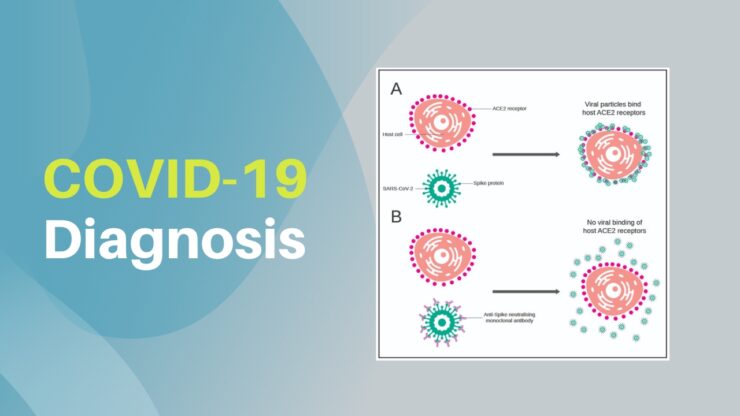
One of the main challenges in the widespread implementation of antibody therapy for COVID-19 is the logistical obstacles that exist in accessing and administering the treatment.
Antibody therapy requires specialized facilities and equipment, as well as trained personnel to administer the treatment. These resources may not be available in all regions or countries, particularly in low-resource settings.
In addition, the high cost of antibody therapy may limit access for some patients. The production and manufacturing of the therapy require significant resources and expertise, which can drive up the cost of the treatment. This may make it difficult for patients in low- and middle-income countries to access the therapy, particularly if it is not covered by insurance.
Another challenge in the implementation of antibody therapy is the need for a timely and accurate diagnosis of COVID-19. The therapy is most effective when given early in the course of the disease, but delays in diagnosis or treatment may reduce its effectiveness.
In regions or countries with limited testing capacity, it may be difficult to identify patients who are eligible for antibody therapy.
Side Effects and Risks
Like any medical treatment, it comes with potential side effects and risks. These can include allergic reactions, infusion-related reactions, and the development of resistance to the therapy. It is important for patients to discuss the potential risks and benefits of antibody therapy with their healthcare provider.
Boost Immune System
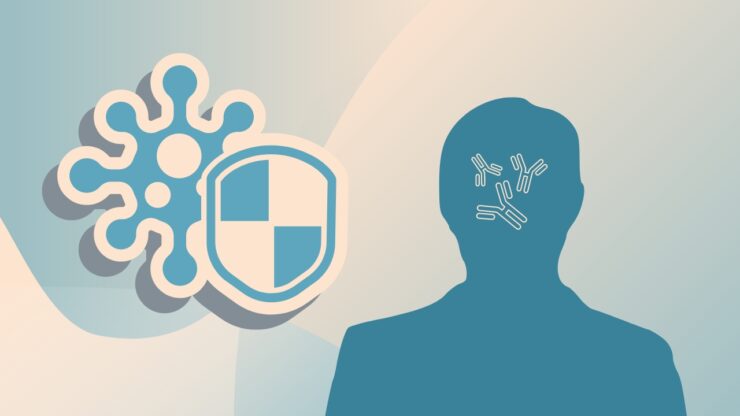
It can also help boost the immune response against COVID-19. By providing the body with additional antibodies, the immune system can better fight off the virus and prevent disease progression. This can be particularly beneficial for patients with weakened immune systems or those who have not developed a robust immune response to the virus.
Antibody therapy may not be effective against new COVID-19 variants
One potential limitation of antibody therapy is that it may not be effective against new variants of the SARS-CoV-2 virus. This is because these variants may have different spike proteins, which are the targets of the monoclonal antibodies. Researchers are actively monitoring the emergence of new variants and developing new antibody therapies to combat them.
Antibody therapy can be used as a preventive measure for those exposed to COVID-19
It can also be used as a preventive measure for those who have been exposed to COVID-19. This is known as post-exposure prophylaxis and involves administering the therapy to individuals who have had close contact with someone who has COVID-19. Studies have shown that post-exposure prophylaxis with monoclonal antibodies can reduce the risk of developing symptomatic COVID-19 by up to 80%.
Long Term Solution
While it has shown promise as a treatment option for COVID-19, it may not be a long-term solution for controlling the spread of the virus. This is because antibody therapy only provides temporary immunity and does not prevent reinfection.
Additionally, as previously mentioned, the therapy may not be effective against new variants of the virus. Therefore, it is important to continue developing and implementing other strategies, such as vaccines and public health measures, to control the spread of COVID-19.
Treatment of Other Infectious Diseases
Antibody therapy has shown promising results in the treatment of COVID-19 patients, but it may have potential applications beyond this disease. Antibodies can be produced in response to various infectious agents, and the same principles used in COVID-19 antibody therapy could be applied to other diseases.
It has been used in the treatment of Ebola virus disease. In this approach, antibodies from survivors of the disease are used to treat infected patients. This therapy has shown positive results in reducing mortality rates in clinical trials.
It has also been explored as a potential treatment for influenza. In preclinical studies, researchers have developed antibodies that can target multiple strains of the flu virus. This approach could potentially lead to a universal flu vaccine that provides protection against multiple strains of the virus.
Another potential application is in the treatment of antibiotic-resistant infections. Antibodies can be used to target specific bacterial strains and help the body fight off the infection. This approach could be particularly useful for patients with weakened immune systems or those who have infections that are resistant to traditional antibiotics.
In addition, it has shown promise in the treatment of cancer. Researchers are developing antibodies that can target cancer cells and trigger the immune system to attack them. This approach could potentially lead to more effective and targeted cancer treatments.
FAQs
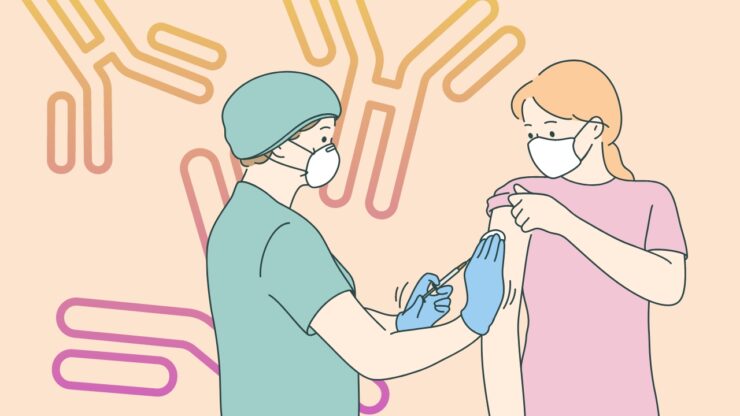
Can antibody therapy be used in combination with other treatments?
It can be used in combination with other treatments, such as remdesivir or corticosteroids, depending on the patient’s condition.
How is the effectiveness of antibody therapy measured?
The effectiveness is typically measured by monitoring the patient’s symptoms, such as fever and cough, as well as laboratory markers of inflammation.
Does antibody therapy work against new variants of the virus?
It may not be effective against new variants of the virus, as the virus continues to mutate and develop new characteristics that may be resistant to the antibodies.
What is the cost of antibody therapy?
The cost varies depending on the provider and location. However, it is generally an expensive treatment due to the cost of developing and manufacturing the antibodies.
Can anyone receive antibody therapy?
It is typically reserved for individuals who are at high risk of developing severe symptoms from COVID-19. However, eligibility may vary depending on the provider and location.
What is the future of antibody therapy for COVID-19?
It may continue to play an important role in managing the pandemic, particularly in preventing severe illness and death in high-risk individuals. However, it is crucial to continue developing other treatments and vaccines to manage the pandemic in the long term.
Conclusion
Antibody therapy has emerged as a promising treatment option for COVID-19, with the potential to lessen the severity of symptoms and reduce the risk of hospitalization and death. However, it is important to consider its limitations, such as cost and availability, potential side effects and risks, and its effectiveness against new variants of the virus.
Antibody therapy may be particularly beneficial for high-risk individuals and can also be used as a preventive measure for those who have been exposed to COVID-19. Ultimately, while antibody therapy may not be a long-term solution for controlling the spread of COVID-19, it has the potential to save lives and alleviate the burden on healthcare systems during the current pandemic.
